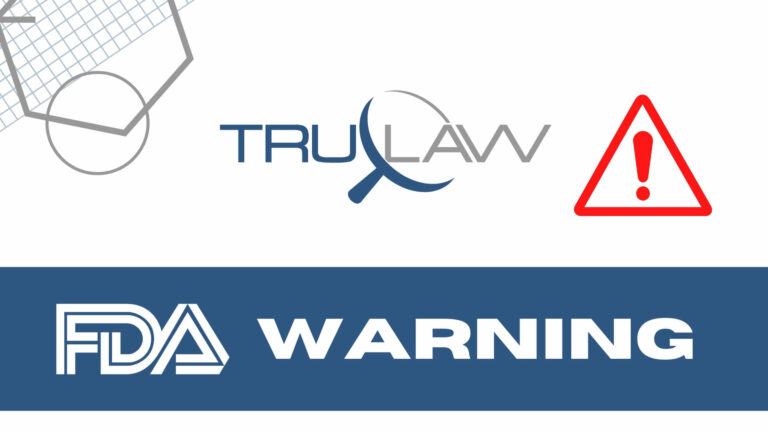
The U.S. Food and Drug Administration issued an alert Tuesday warning patients, caregivers, and health care providers about potential cross-compatibility issues with autoinjector devices used to administer glatiramer acetate injection for treating multiple sclerosis.
According to the FDA, using an autoinjector that is incompatible with a specific glatiramer acetate product may increase the risk of medication errors, such as missed doses or partial doses. The agency has received reports of such incidents.
Three FDA-approved glatiramer acetate injection products are currently available, all in single-dose prefilled syringes. Patients may use the syringe alone or insert it into an optional autoinjector, available separately by prescription, to facilitate injections for those with limited dexterity. However, not all autoinjectors are compatible with every glatiramer acetate product.
The FDA has requested that manufacturers update product labels to instruct users to confirm autoinjector compatibility before use, by consulting with their health care provider or checking the manufacturer’s patient information website. Compatibility should be verified with each new prescription.
Adverse events or quality problems related to glatiramer acetate injections should be reported to the FDA’s MedWatch Adverse Event Reporting program online or by fax.
The agency initially alerted the public to this issue in August 2022 and will no longer update the product compatibility table as of May 16, 2024. Patients and providers are advised to continue confirming autoinjector compatibility as outlined in the updated product labeling.
If you or a loved one have experienced adverse events or medication errors while using glatiramer acetate injections with an autoinjector device, you may be entitled to compensation. The FDA has issued an alert warning that compatibility issues between certain autoinjectors and glatiramer acetate products can lead to missed doses or partial doses, potentially impacting the effectiveness of your multiple sclerosis treatment. Don’t wait – contact the experienced attorneys at TruLaw today online or try out our free Instant Case Evaluation ℠.